Retirement and the “No-Work” Danger Zone
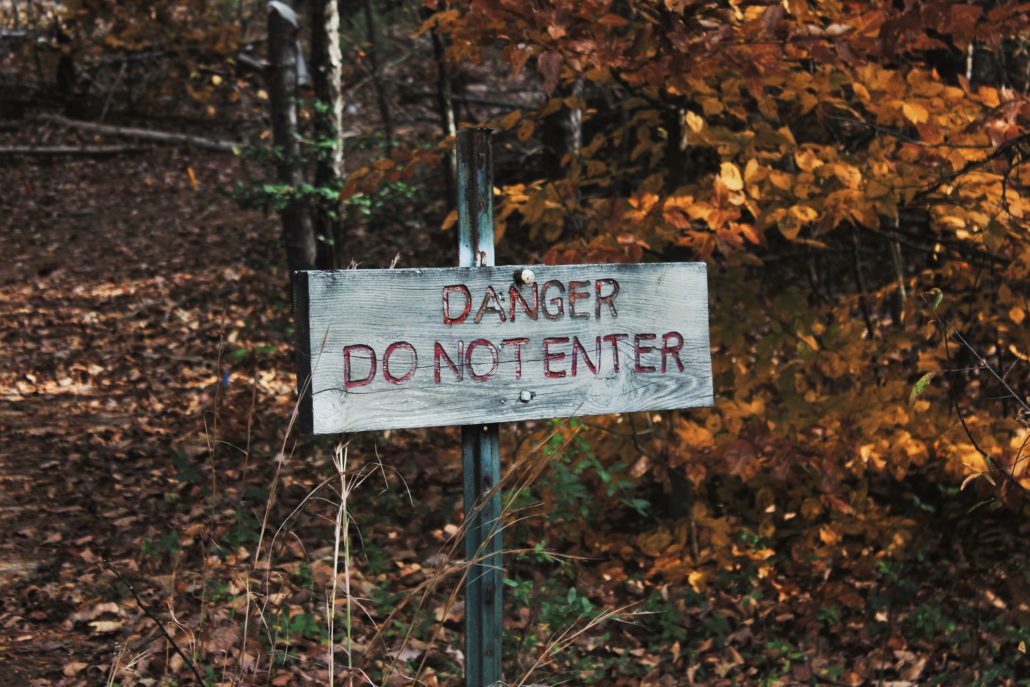
Photo by Raúl Nájera on Unsplash
Here’s a theory to ponder: retirement can cause brain-rot!
Brain rot? Never heard of it? Well, I hadn’t either – I kinda just made it up.
I just wanted to get your attention.
But the thought came to me after I stumbled across a YouTube featuring spiritual elder Rabbi Zalman Schachter talking about “harvesting a lifetime.” The Rabbi’s point is that as we move into our autumn years we bring forward an “essential insight” unique to each of us.
He insightfully refers to it as the “ripening” of the advanced portions of our brain (neo-cortex) as we have moved through life’s events, experiences, failures, victories.
As a spiritual mentor, Rabbi Schachter helps people bring forward this essential insight, emphasizing that our purpose is to “harvest” that insight and pass it on.

Unharvested crops rot
I grew up in the world of farming. My grandparents were homesteading farmers in Wyoming; my uncles lived and died as farmers.
Every year for a farmer is a scramble to “pass on” their crop, be it potatoes, beans, beets or wheat, before it rotted in the field.
There’s not much that’s more unpleasant than the smell of a field of uncollected and rotting potatoes.
Is it too extreme to suggest that a failure to “harvest” this “essential insight” crop that we are carrying may lead to a sort of brain rot? Perhaps not smelly, but certainly observable – as in drifting listlessness or dying early, its most severe form.
We know that, historically, the lifespan of humans who move into a retirement that binges on leisure is significantly shorter than those who remain active and engaged in some form of meaningful work. In fact, the RP2000 Mortality Study of men 50-70 released by the Society of Actuaries showed that the death rates of those still working were roughly half the death rates of men the same age who were fully retired.
What if the “work” we entered into in our third stage of life was a harvesting of this “essential insight” and sharing it forward to preserve it and give it an opportunity to grow even more in the hands and minds of its recipients?
Rabbi Schachter uses a softer word to describe the fact that we tend to let our brains – and our bodies – rot as we enter the later phases of our lives. He uses the word “diminishes.”
He maintains that we diminish because we don’t see the possibilities.
Why do we miss the possibilities?
I submit that our ability to see the possibilities of harvesting and passing on this essential insight is stolen away from many of us by the insidious penetration of our psyche by the concept of an off-the-cliff, labor-to-leisure retirement.
Many of us can hardly wait to shut down our creative nature (even more than what a mind-numbing 40-year job has done) and “retire” (derived from the French verb “retirer” which means to “retreat, go backward”) and further continue the assassination of our essential insight.
We not only fail to see the possibilities, but we tag work in the post-career as something to avoid. We seem to believe that creativity dies at 65 and that post-career work will tag us as a “loser” or an “unfortunate”.
Creativity is work. Work is creativity.
I like where the Rabbi took me with this. His message reminds us that this third-age, post-career period of our lives is a time when we can, perhaps for the first time, fully engage in “soul work” i.e. work that emanates from the heart and incorporates the creativity of deep interests and passions that have been crusted over by a multi-decade quest for money, status, and security.
His message is that we can shake off the crust and shed the barnacles from what is for many the empty years of marginally-inspiring, money-chasing employment and bring forward what we learned and use it to advance our world.
I’m reminded that my story to this point is unspectacular against the worldly standard of wealth, status, title – in fact, it’s kinda messy. But, my mess is my message – and that’s true for you too. Our messes are a big part of the essential insight that we can bring forward.
It’s helpful to understand and accept that there are no failures – only experiments and research and development. Even when that awareness doesn’t show up until the seventh decade.
Let me wrap with a quote from a new reading “project” that I started this week: Laurence G. Boldt’s “Zen and the art of Making a Living: A Practical Guide to Creative Career Design”
“Most of our lives, we are chasing food, sex, attention, knowledge, security, and – most of all – money. Without the real engagement of our souls, all this can seem quite empty as the years go by. For the soul too has its demands. It has a way of letting us know when we neglect or abandon its imperatives – authenticity and responsibility, joy and compassion. At some point, many come to realize that listening to their hearts and souls isn’t a luxury but an essential part of their psychological and spiritual health.”
Are “soul”, “authenticity”, “joy”, “passion”, “purpose”, “essential insights” part of your internal dialog as you move into or toward this third age of your life? Or is it still just “money”, “security”, “escape”?
Tough – but essential – questions.
Your thoughts and comments are welcomed and appreciated.

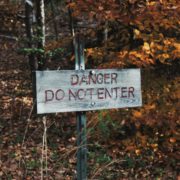
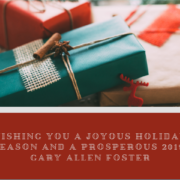

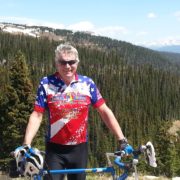
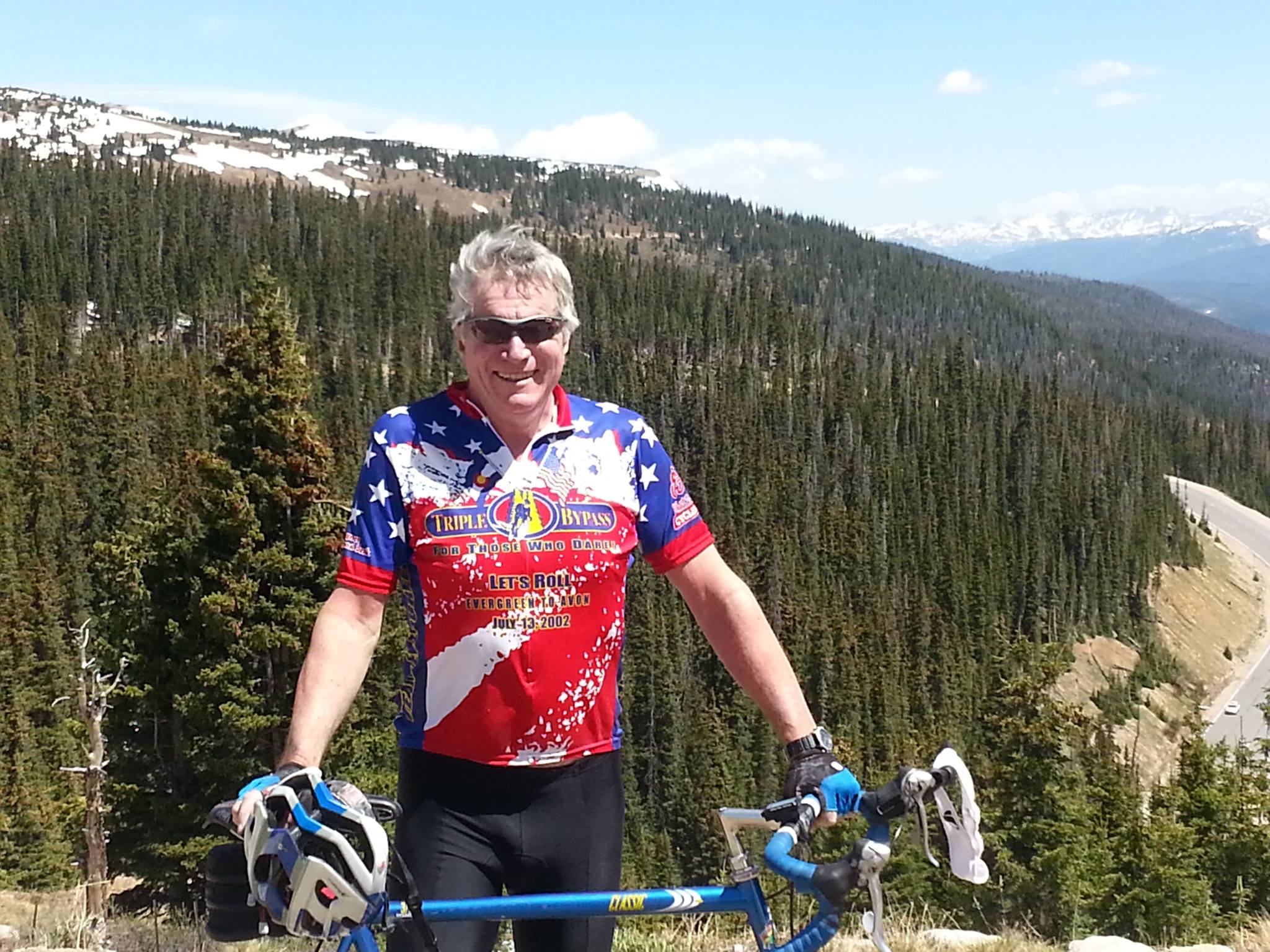




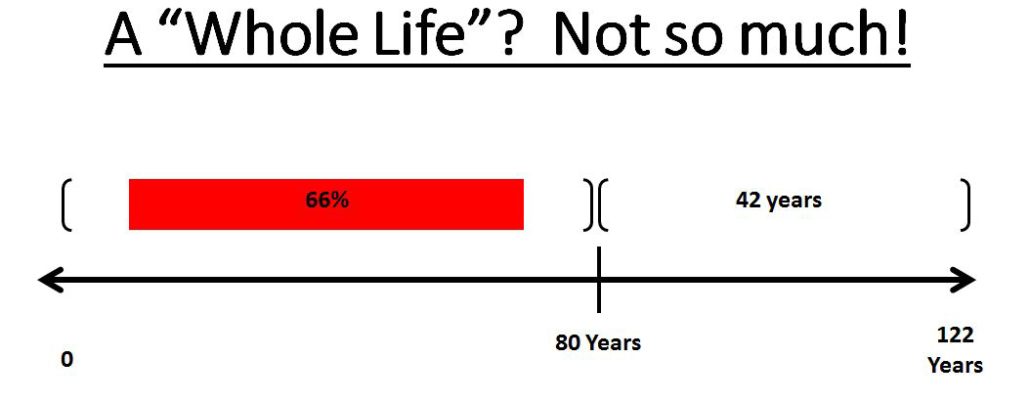


 I don’t have any Alzheimer’s history in my family so apparently, the APOE4 gene isn’t present.
I don’t have any Alzheimer’s history in my family so apparently, the APOE4 gene isn’t present.
